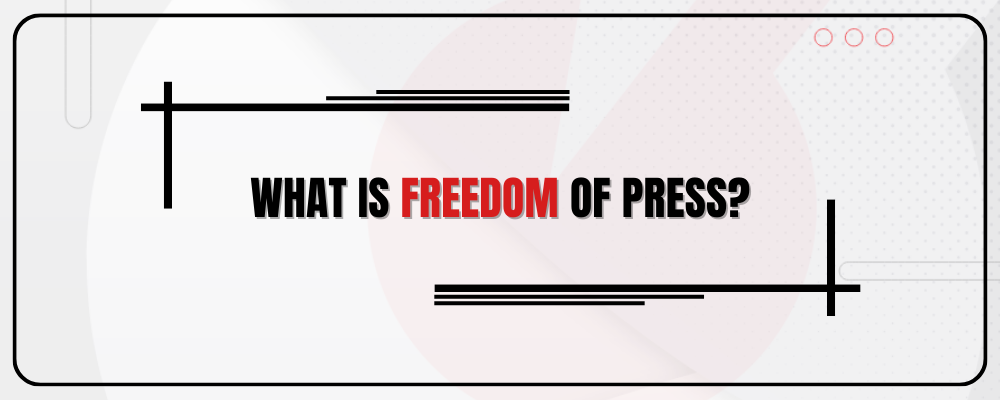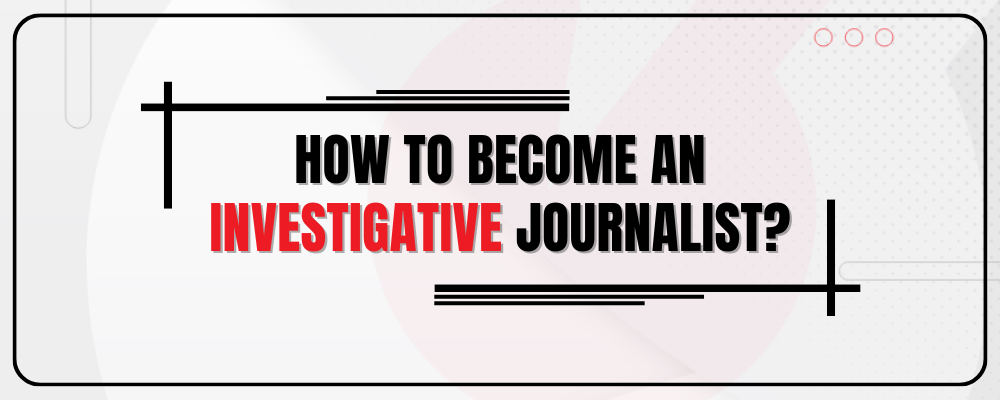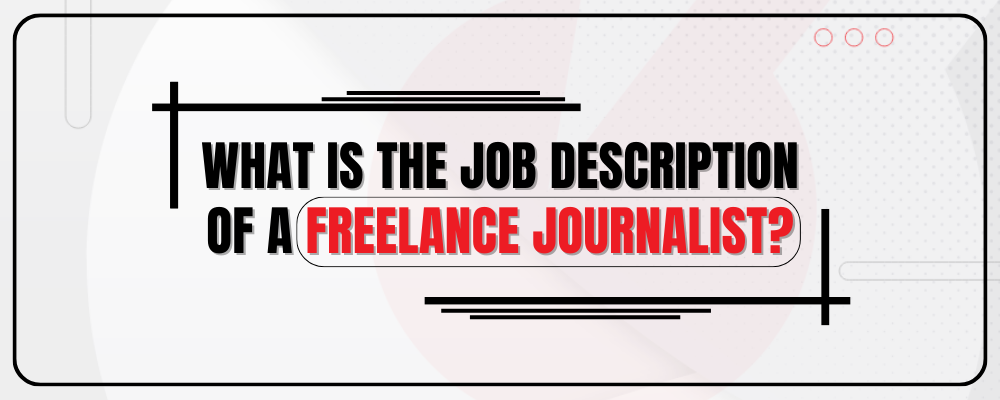Definition of Press Freedom
Freedom of the press refers to the right of individuals and organizations to express and disseminate information without government censorship or interference. It is a fundamental aspect of freedom of expression and plays a crucial role in the functioning of democratic societies.
Importance of Freedom of Press
Democracy
A free press is essential for a well-functioning democracy as it provides citizens with the information they need to make informed decisions. It serves as a watchdog, holding those in power accountable and ensuring transparency.
Check on Government Power
Freedom of the press acts as a check on government power by exposing corruption, abuses of authority, and other issues that may be contrary to the public interest. It helps prevent the concentration of power and promotes a system of checks and balances.
Promotion of Public Debate
A diverse and free press facilitates open and constructive public debate. It allows for the expression of various opinions and viewpoints, fostering a more robust exchange of ideas within society.
Protection of Human Rights
Press freedom is closely linked to the protection of human rights. Journalists play a crucial role in uncovering human rights abuses and advocating for justice, often at great personal risk.
What is the Origin Of Freedom of Press?
The origin of freedom of the press can be traced back to philosophical and political developments during the Age of Enlightenment in the 17th and 18th centuries. The idea gained prominence as thinkers like John Milton, John Locke, and others advocated for the importance of free expression and the exchange of ideas.
One key milestone is the 1644 publication of John Milton’s “Areopagitica,” a pamphlet arguing against censorship and advocating for the freedom of the press. In the late 17th century, the English Bill of Rights of 1689 further contributed to the recognition of the freedom of speech and parliamentary privilege.
In the United States, the concept of freedom of the press is enshrined in the First Amendment of the U.S. Constitution, ratified in 1791 as part of the Bill of Rights. This constitutional protection laid the groundwork for the development of a robust and independent press in the United States.
Why Freedom of Press is Important
Transparency and Accountability: A free press acts as a watchdog, holding governments, institutions, and individuals accountable by exposing corruption, abuses of power, and other unethical practices. This transparency is crucial for maintaining a just and functioning society.
Informed Citizenry: Freedom of the press ensures that citizens have access to a diverse range of information and viewpoints. Informed citizens are better equipped to make educated decisions about their government, public policies, and societal issues, which is essential for the proper functioning of a democracy.
Public Debate and Discourse: A free press facilitates open public debate by providing a platform for the exchange of ideas and opinions. This diversity of voices contributes to a richer and more comprehensive understanding of various issues within society.
Protection of Human Rights: Journalists, through investigative reporting, often play a crucial role in uncovering human rights abuses. A free press helps shed light on injustices, contributing to the protection and promotion of human rights around the world.
Prevention of Authoritarianism: Freedom of the press acts as a safeguard against authoritarianism by preventing the concentration of power in the hands of a few. It ensures that information is not controlled or manipulated to serve the interests of those in power.
Why Freedom of Press is Important in a Democracy
In a democracy, where power is distributed among various branches of government, a free press serves as an additional check on the powers of the executive, legislative, and judicial branches. It helps maintain a system of checks and balances where leaders and institutions are accountable to the people.
It encourages civic participation by providing citizens with the information they need to engage in the democratic process. Informed citizens are more likely to participate in elections, activism, and other democratic activities.
Why Freedom of the Press is an Important Right
Freedom of the press is a fundamental right that allows individuals and organizations to express their ideas, opinions, and information without censorship.
This right ensures that people have access to a variety of information and different perspectives, promoting transparency, accountability, and a well-informed society. Essentially, it’s about the ability to share and receive information freely, which is crucial for a healthy and functioning society.
What is United Nations’ Stance on Freedom Of Press?
The United Nations (UN) recognizes freedom of the press as a fundamental human right and emphasizes its importance in promoting democracy, human rights, and the rule of law.
The UN’s stance on freedom of the press is rooted in various international instruments and declarations that highlight the significance of this right.
Universal Declaration of Human Rights (UDHR)
Article 19 of the UDHR states, “Everyone has the right to freedom of opinion and expression; this right includes freedom to hold opinions without interference and to seek, receive and impart information and ideas through any media and regardless of frontiers.”
International Covenant on Civil and Political Rights (ICCPR)
The ICCPR, in Article 19, similarly protects the right to freedom of expression, including freedom of the press. It acknowledges that this right may be subject to certain restrictions, but such restrictions must be prescribed by law and necessary for respect of the rights or reputations of others, national security, public order, or public health or morals.
UNESCO and Media Freedom
The United Nations Educational, Scientific and Cultural Organization (UNESCO) has a specific mandate to promote freedom of expression and media freedom. UNESCO advocates for the safety of journalists, the independence of media, and the importance of pluralism in the media landscape.
UN Plan of Action on the Safety of Journalists and the Issue of Impunity
The UN has developed a Plan of Action on the Safety of Journalists and the Issue of Impunity to address the increasing threats faced by journalists worldwide. This plan aims to create a free and safe environment for journalists and media workers, recognizing their crucial role in promoting transparency and democracy.






